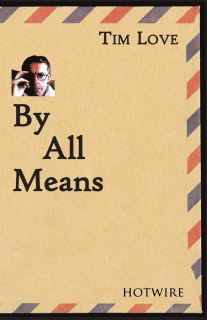I've read quite a lot of A.L.Kennedy's work over the years. I found "Day" difficult initially. Now I think it might be her best book but the other ones are always interesting. I prefer the short stories that she wrote in the 1990s to the earlier and later ones. As reading experiences her books sometimes disappoint me because too often the characters (perhaps because of shared pre-occupations or states of mind) sound much like each other. Perhaps material that used to enliven her stories now goes elsewhere, leaving her stories more monotone.
It's easy to find material by and about her. Her output includes short stories, novels, film criticism, cultural commentary, stage play, radio drama, film screenplay, newspaper journalism, radio and TV discussion programmes, and she's contributed to dance productions and TV drama documentaries. Her Guardian blog has interesting material, and her comments on reviews are fun. On YouTube you can find her doing stand-up
Kaye Mitchell's book will give you an overview. In it you'll find lists of Kennedy's recurring themes and this interesting quote on p.123 "I believe in God, I believe in love - they probably make very little sense without meaning much the same thing".
Here's a list of my notes
- What becomes (2009)
- Day (2007, novel)
- Indelible Acts (2002)
- original bliss (1997)
- Now that you're back (1994)
- Looking for the Possible Dance (1993, novel)
- Night Geometry and the Garscadden Trains (1990)
- A.L. Kennedy by Kaye Mitchell

 My story collection "By All Means" (ISBN 978-0-9570984-9-7), published by Nine Arches Press, is on sale from
My story collection "By All Means" (ISBN 978-0-9570984-9-7), published by Nine Arches Press, is on sale from  My poetry pamphlet "Moving Parts" (ISBN 978-1-905939-59-6) is out now, on sale at the
My poetry pamphlet "Moving Parts" (ISBN 978-1-905939-59-6) is out now, on sale at the 